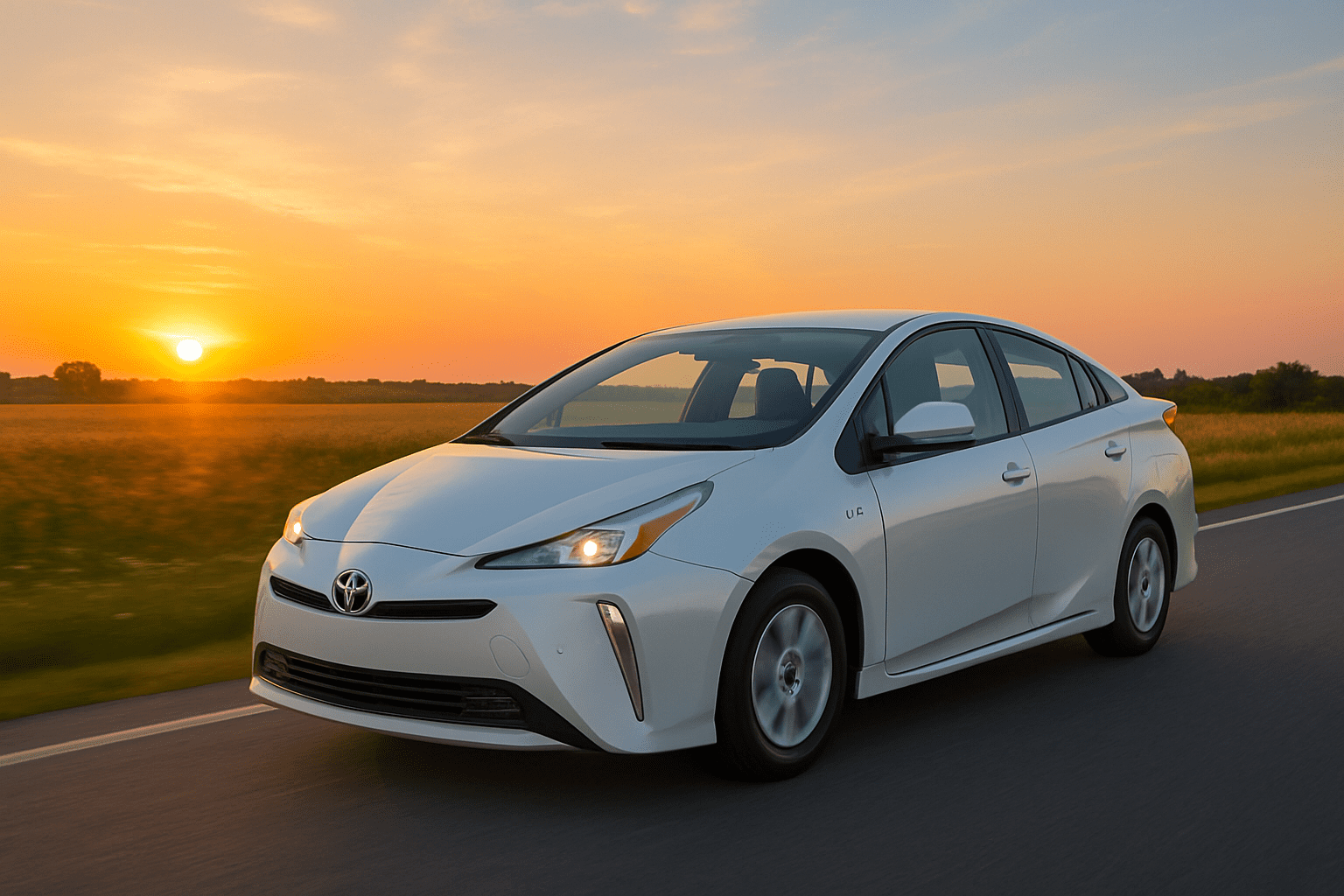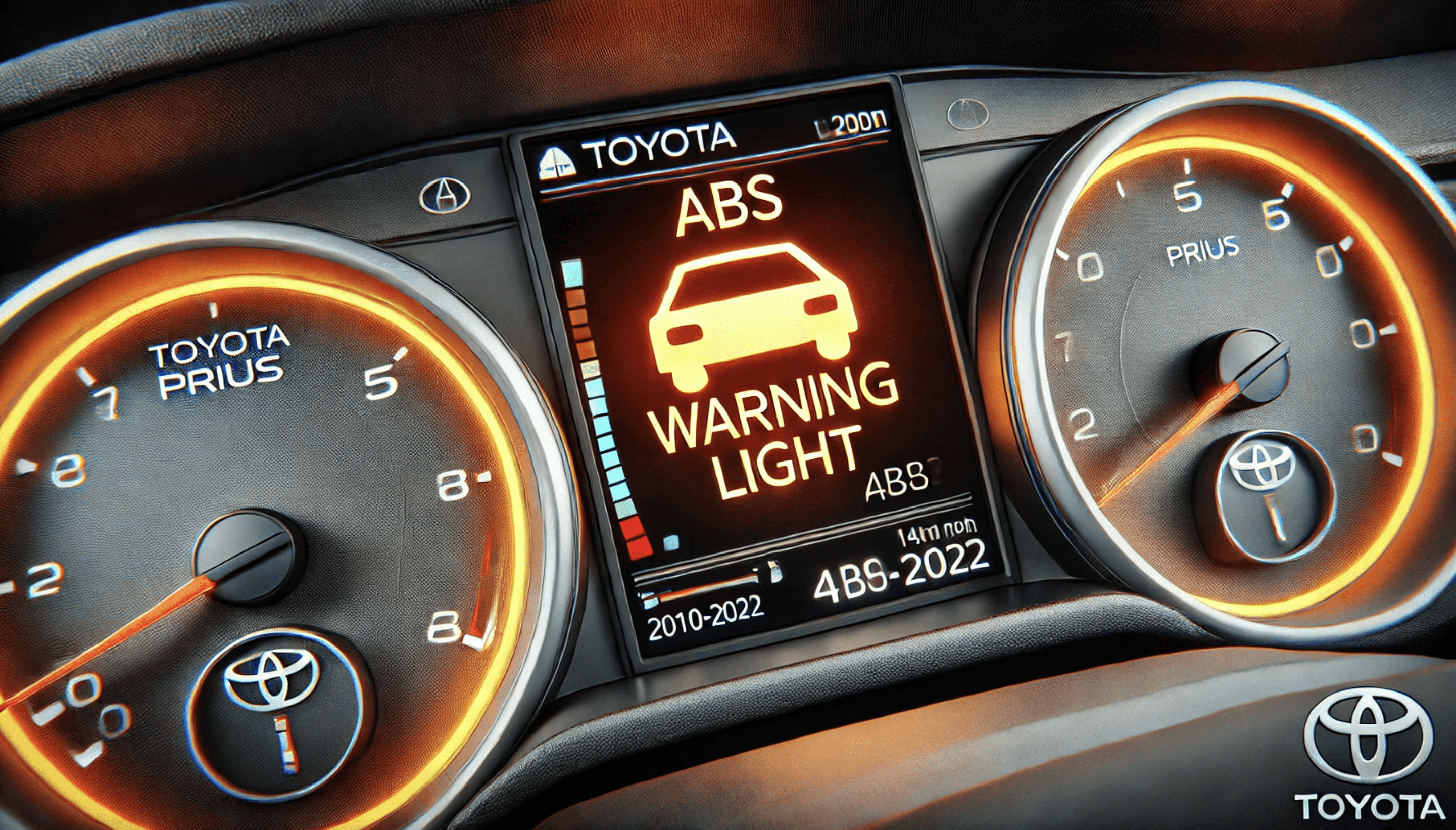As a hybrid vehicle owner, you’re already familiar with the benefits of driving a car that combines fuel efficiency with eco-friendliness. However, your hybrid battery has a finite lifespan like any other vehicle component. Identifying when your hybrid battery needs replacement is crucial for maintaining your car’s performance and avoiding unexpected breakdowns. In this article, we’ll explore the signs that indicate your hybrid battery might be on its last legs and what steps you should take to ensure a smooth replacement process.
Why Your Hybrid Battery Matters
Your hybrid battery is the heart of your vehicle’s electric system, storing and delivering energy to power your car. Unlike conventional car batteries, hybrid batteries are designed to last longer but eventually wear out. Understanding the importance of your hybrid battery and its role in your vehicle’s operation can help you appreciate the need for timely maintenance and replacement.
Signs Your Hybrid Battery Needs Replacement
1. Decreased Fuel Efficiency
A noticeable drop in fuel efficiency is one of the first signs that your hybrid battery may be failing. If you visit the gas station more frequently, it could be a sign that your battery isn’t holding a charge as well as it used to. This decrease in efficiency often occurs because the battery cannot assist the gasoline engine as much as it should, forcing the engine to work harder and consume more fuel.
2. State of Charge Fluctuations
A healthy hybrid battery should maintain a relatively stable state of charge. If you notice that the battery’s charge level is fluctuating erratically or not holding a charge as long as it used to, this could be a sign of degradation. Sudden drops or spikes in the state of charge are strong indicators that the battery cells are deteriorating.
3. Unusual Noises
Another common symptom of a failing hybrid battery is unusual noises from the battery compartment. This could include humming, clicking, or whining sounds you haven’t heard before. These noises are often caused by the battery’s cooling fan working overtime to cool down overheating cells, a sign that the battery is struggling to operate efficiently.
4. Warning Lights on the Dashboard
Modern hybrid vehicles are equipped with sophisticated diagnostic systems that monitor the health of the hybrid battery. If your vehicle’s dashboard displays warning lights, such as the check engine light or a specific hybrid system warning, it’s a clear sign that something is wrong with the battery or its related components. Ignoring these warnings can lead to further damage and higher repair costs.
5. Diminished Acceleration and Power
Hybrid vehicles rely on the battery to provide extra power during acceleration. If you notice that your car is slow to accelerate or lacks the power it once had, this could be a sign that the battery can no longer deliver the necessary energy. This issue is particularly noticeable when driving uphill or during quick acceleration.
6. Battery Age
While hybrid batteries are built to last, they have a typical lifespan of 8 to 10 years, depending on the make and model of your vehicle. If your car is within or beyond this age range, it’s a good idea to monitor the battery’s performance closely and consider a preemptive replacement before it fails.
What to Do If Your Hybrid Battery Needs Replacement
1. Get a Professional Diagnosis
If you suspect your hybrid battery is failing, the first step is getting a professional diagnosis from a certified hybrid mechanic. They can use specialized diagnostic tools to assess the health of your battery and determine whether a replacement is necessary. This step is crucial to avoid misdiagnosis and ensure that you’re addressing the right issue.
2. Consider Your Replacement Options
When replacing your hybrid battery, you have a few options. You can choose between a brand-new battery, a reconditioned battery, or a rebuilt battery. Each option has its pros and cons.
- Brand-New Battery: Offers the most extended lifespan but is also the most expensive option.
- Reconditioned Battery: A cost-effective option that has been restored to a certain level of performance but may not last as long as a new battery.
- Rebuilt Battery: This involves replacing only the faulty cells in your existing battery. This option is usually the cheapest but also the least reliable in terms of longevity.
3. Schedule a Mobile Hybrid Mechanic Service
Consider scheduling a mobile hybrid mechanic service to make the replacement process as convenient as possible. A mobile mechanic can come to your location, diagnose the issue, and replace your battery on-site. This service is beneficial if your battery fails suddenly, leaving you stranded.
4. Maintain Your New Battery
Once you’ve replaced your hybrid battery, it’s important to maintain it properly to extend its lifespan. Regular maintenance, such as checking the battery’s state of charge and ensuring the cooling system is functioning correctly, can help you avoid premature battery failure.
5. Understand the Warranty
Most new and reconditioned hybrid batteries come with a warranty, typically 1 to 3 years. Be sure to understand the terms of your warranty, including what is covered and what is not. This can save you from unexpected expenses in a battery failure.
Knowing when your hybrid battery needs replacement can save you from costly repairs and keep your vehicle running efficiently. By paying attention to the signs of battery failure and taking proactive steps to address the issue, you can ensure that your hybrid vehicle continues to perform at its best. Whether you opt for a new, reconditioned, or rebuilt battery, choose a reliable service provider and maintain your battery correctly to maximize its lifespan.
FAQs
- How long does a hybrid battery typically last?
- Hybrid batteries generally last between 8 and 10 years, or 100,000 and 150,000 miles, depending on the vehicle’s make, model, and usage.
- What are the signs of a failing hybrid battery?
- Common signs include decreased fuel efficiency, fluctuating state of charge, unusual noises, warning lights on the dashboard, and diminished acceleration.
- Can I drive my hybrid vehicle with a failing battery?
- While driving with a failing battery is possible, it’s not recommended. A failing battery can reduce performance and eventually leave you stranded.
- Is it better to replace or recondition a hybrid battery?
- Replacing the battery with a new one is generally more reliable and offers a longer lifespan. Reconditioning is a cost-effective option but may not last as long.
- Can I replace my hybrid battery myself?
- While technically possible, replacing a hybrid battery is complex and requires specialized tools and knowledge. It’s best to have a certified hybrid mechanic handle the replacement.






